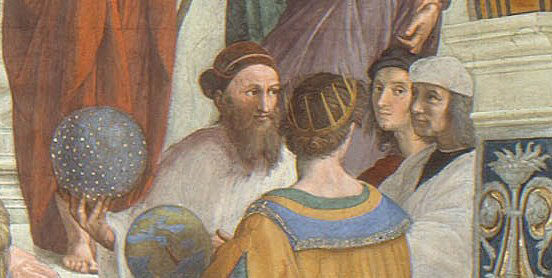In the London of the XVIII century, Freemasonry was a predominant and mysterious movement present in society.
Freemasonry was officially born in London in 1717, when the first United Grand Lodge of England was established there.
By the year 1735 there were well over one hundred lodges in the Capital, many of them characterised by a mixed membership of middle-class individuals, clergymen and aristocrats.
Indeed, many Grand Masters came from the nobility and have contributed in no small part to the success of the Order. They played a reassuring role in the mind of the population who assumed that ,with such a distinguished list of names to its record, Freemasonry could not be a subversive and dangerous sect.
Such awareness in turn made people wanting to learn more about that secretive society which , for at least a while longer, remained free from persecution.
Freemasonry’s notoriety reached such a peak as to having its meeting advertised both in the London press and in the pamphlets distributed and read in the London coffee houses.
And with people’s curiosity growing insatiable, Freemasons were happy to be playing into the phenomenon by even appearing in public celebrations.
From 1721 to 1747 a much splendid procession for the Masonic Grand Festival was held yearly in the streets of London. Bands of musicians accompanied the Brethren from the house of the Master Elected to the place (a Hall or most likely a Tavern) where he would be installed in the chair of Solomon. They marched two by two dressed in their aprons and jewels and carrying the emblems and banners of the Craft, followed by the nobility being transported in their rich carriages.
In such a climate it was no surprise that music composers, poets and librettists – many of whom were themselves members of the Craft – choose to incorporate elements from our Society’s symbolism and ideology in their work.
In that respect , much has been written about Mozart’s Opera “The Magic Flute”, but less about the work of another highly successful music composer of the time, the German George Fridiric Handel [1] who was born in the same town and year as another great composer : Johann Sebastian Bach.
Continue reading Handel’s character of Zoroastro in the Opera “Orlando”

